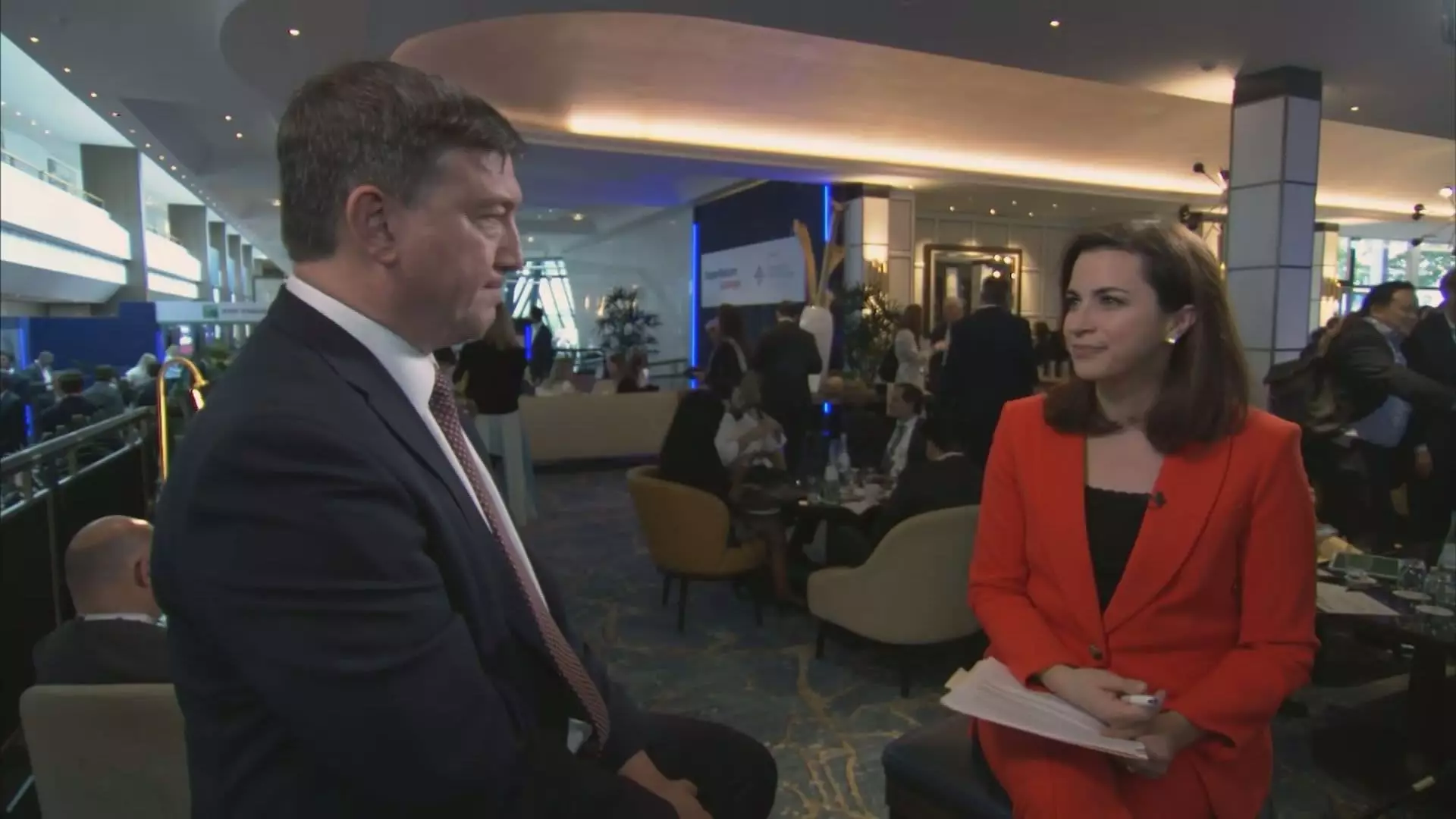In December 2023, the prevailing sentiment in the market was that there would be a series of rate cuts in 2024. However, Scott Kleinman, the Co-President of Apollo Asset Management, had a different perspective. He made a contrarian call by betting against any rate cuts in the upcoming year. This decision has proven to be favorable for him as the market dynamics have unfolded. Despite the general expectation of lower rates, Kleinman remained steadfast in his belief in maintaining the status quo.
While the prolonged period of higher rates might have worked in Kleinman’s favor, it has not been entirely positive for the private equity industry as a whole. The increased financing costs associated with higher rates have posed challenges for buyout deals. Data from Bain & Co. indicates that the buyout deal count has experienced a decline of 4% globally on an annualized basis compared to the previous year. This decrease in activity coupled with the reluctance to invest has resulted in a significant amount of dry powder amounting to $1.1 trillion within buyout funds awaiting deployment.
Despite the prevailing market conditions, Scott Kleinman expressed confidence in the current interest rate environment. He stated that Apollo Asset Management is comfortable with the existing rates and even hinted at a preference for higher rates. This stance is contrary to the general sentiment within the private equity industry. Kleinman emphasized that higher rates compel investors to exercise greater value discipline when evaluating corporate valuations. This, in turn, leads to the discovery of more attractive investment opportunities with reasonable valuations.
The impact of fluctuating interest rates on the private equity industry is multifaceted. While some, like Scott Kleinman, view higher rates as an opportunity to enhance value realization, others may find it challenging to navigate the complexities associated with financing costs. As the industry continues to evolve, it is essential for market participants to adapt their strategies in response to changing macroeconomic conditions. The ability to identify and capitalize on investment opportunities amidst a dynamic interest rate environment will be crucial for long-term success in the private equity landscape.

